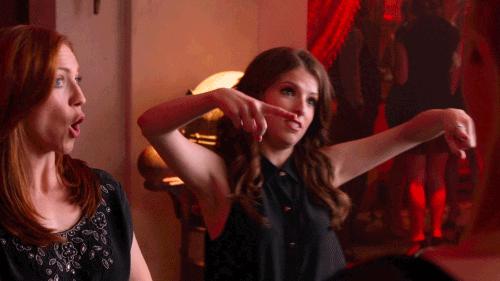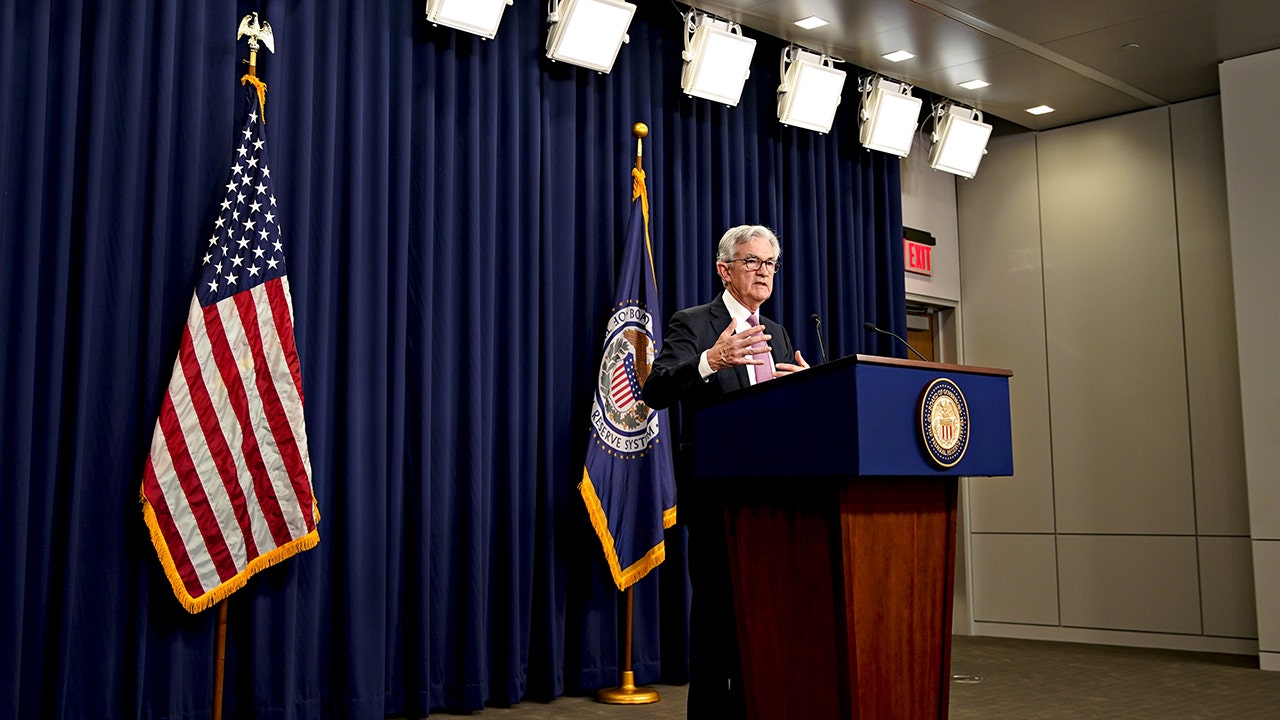task0778
Diamond Member
The Federal Reserve has raised interest rates by 75 basis points, the single largest increase in nearly thirty years as inflation soars.
The hike to the federal funds rate – the benchmark interest rate at which banks borrow and lend money to each other overnight, affecting money supply in the economy – was announced Wednesday, after a meeting of the Federal Open Market Committee led by Chairman Jerome Powell. In the short-term, the Federal Reserve said that it would intend to bring the rate to a range of 1.5 percent to 1.75 percent.
Of the eight-member committee, seven voted in favor of the hike while one member, Esther George, President of the Federal Reserve Bank of Kansas City, voted against the increase, preferring that it be 0.5 percent instead.
The hike is the largest since 1994, when then-Chairman Alan Greenspan led a similar increase in anticipation of high inflation during an economic recovery. Wednesday’s move has considerable implications on individual borrowing in the economy and will likely lead to higher interest rates on loans for consumers and businesses.

 www.nationalreview.com
www.nationalreview.com
The move comes as inflation has reached its highest level since 1982. The thing is, when you raise interest rates, like taxes you get less investment and lower economic growth. And that's just the way it is folks, cuz the costs of borrowing money goes up. And they're talking about raising interest rates again next month, either another half or 3/4% increase.
The hike to the federal funds rate – the benchmark interest rate at which banks borrow and lend money to each other overnight, affecting money supply in the economy – was announced Wednesday, after a meeting of the Federal Open Market Committee led by Chairman Jerome Powell. In the short-term, the Federal Reserve said that it would intend to bring the rate to a range of 1.5 percent to 1.75 percent.
Of the eight-member committee, seven voted in favor of the hike while one member, Esther George, President of the Federal Reserve Bank of Kansas City, voted against the increase, preferring that it be 0.5 percent instead.
The hike is the largest since 1994, when then-Chairman Alan Greenspan led a similar increase in anticipation of high inflation during an economic recovery. Wednesday’s move has considerable implications on individual borrowing in the economy and will likely lead to higher interest rates on loans for consumers and businesses.

Fed Hikes Interest Rates By 75 Points, Largest Increase Since 1994 | National Review
Chairman Jerome Powell has said that the Fed will do ‘whatever it takes’ to curb inflation and signaled that more rate hikes were to come.
The move comes as inflation has reached its highest level since 1982. The thing is, when you raise interest rates, like taxes you get less investment and lower economic growth. And that's just the way it is folks, cuz the costs of borrowing money goes up. And they're talking about raising interest rates again next month, either another half or 3/4% increase.


